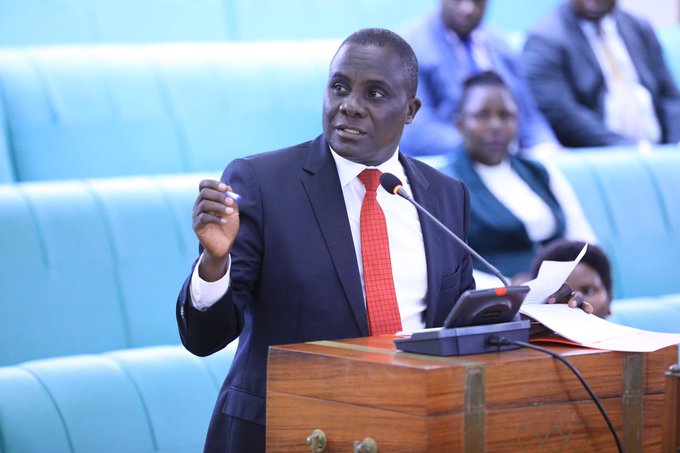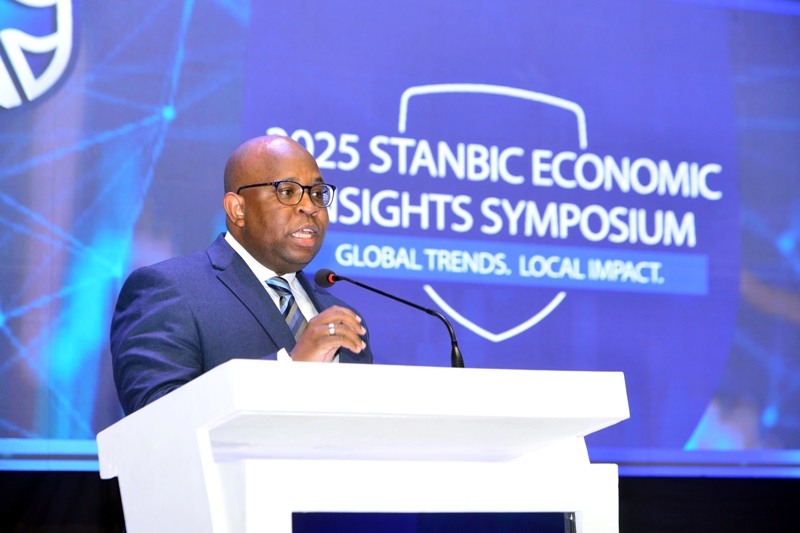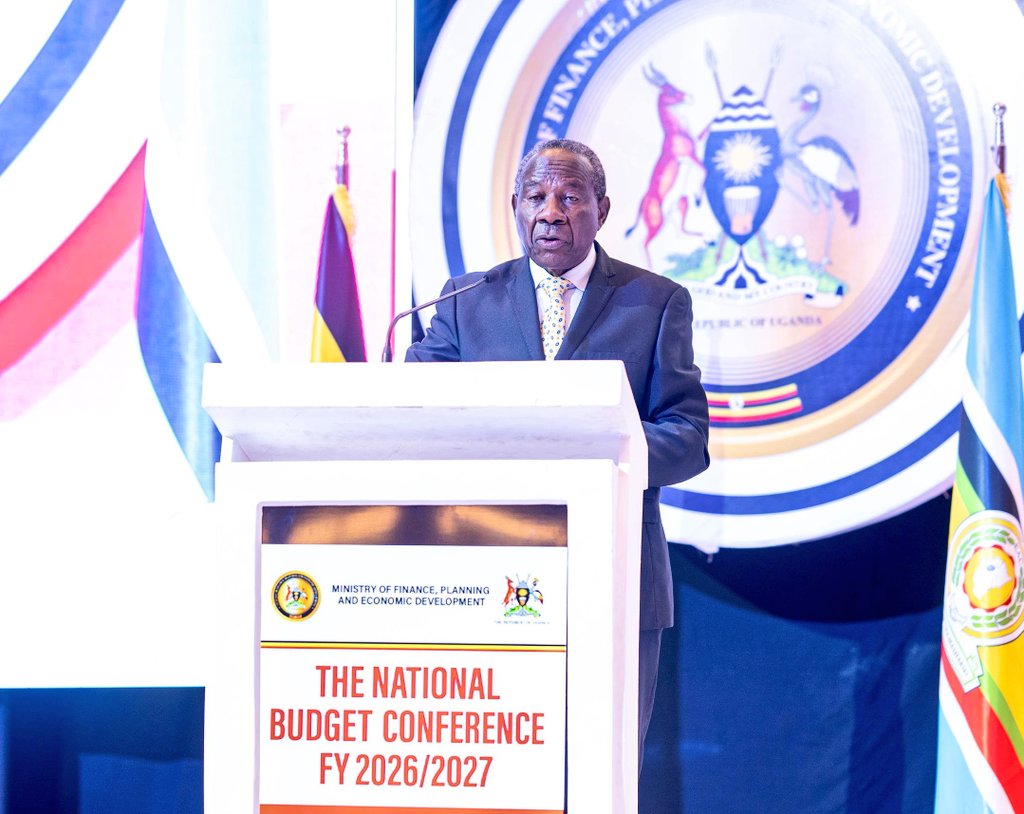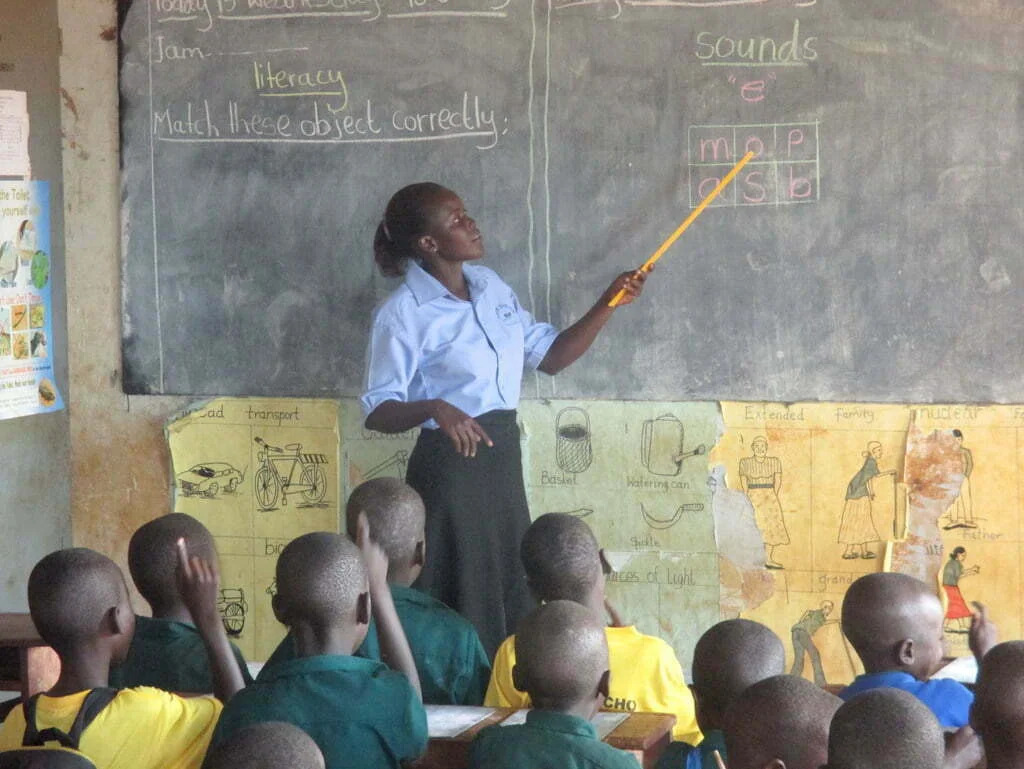Foreign aid fuels Uganda’s activism: A new dawn for grassroots movements
In the past One of the most notable beneficiaries was the Center for Constitutional Governance (CCG), which saw its capacity to mobilize citizens expand exponentially.
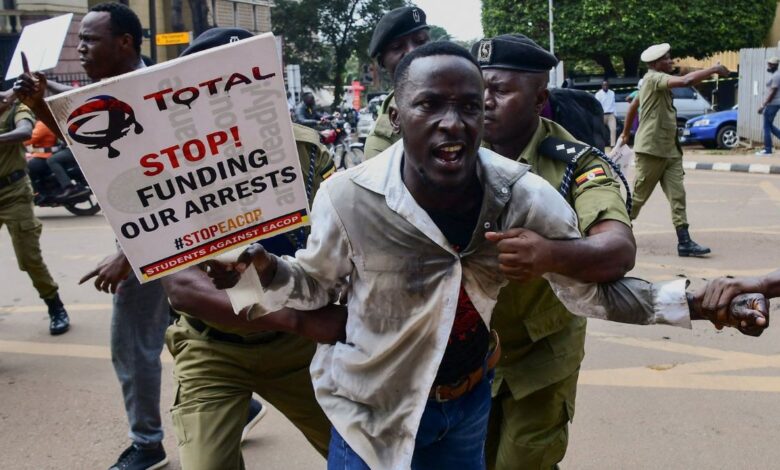
In a significant boost to Uganda’s civil society, foreign organizations have poured millions of dollars into local activism.
This is empowering grassroots movements and driving social change across the country.
The influx of international funding has revitalized advocacy efforts, focusing on crucial areas such as human rights, environmental conservation, and gender equality.
Prominent among the contributors are the Open Society Foundations and the Ford Foundation, which have earmarked funds to support campaigns aimed at holding government institutions accountable and amplifying the voices of marginalized communities.
With these resources, Ugandan activists are now better equipped to challenge injustices and push for meaningful reforms.
In the past One of the most notable beneficiaries was the Center for Constitutional Governance (CCG), which saw its capacity to mobilize citizens expand exponentially.
“With the financial support we’ve received, we can now reach more communities, educate citizens about their rights, and hold leaders accountable,” said Sarah Bireete, the Executive Director of CCG.
The funding has enabled the organization to launch nationwide campaigns that have sparked discussions on critical issues, from electoral reforms to the protection of freedom of expression.
However, this financial lifeline comes with challenges. Some government officials have raised concerns about foreign influence on local politics, arguing that such funding could undermine national sovereignty.
In response, activists maintain that their work is driven by a commitment to Uganda’s development and that international support is crucial in a context where domestic funding is often limited.
Grassroots movements, particularly those focusing on women’s rights and environmental sustainability, have also received a significant share of the funding.
The Women’s Democracy Network (WDN), for instance, has launched a series of workshops aimed at empowering women in rural areas to participate in local governance.
Similarly, environmental groups are using the funds to combat deforestation and advocate for sustainable practices, which are vital as Uganda faces the increasing threat of climate change.
This surge in funding marks a pivotal moment for Ugandan activism. As international partners continue to invest in the country’s civil society, the potential for long-lasting social transformation has never been greater.
However, the balance between external support and local autonomy remains a delicate one, as activists strive to ensure that their work remains rooted in the needs and aspirations of Ugandans.
Dr. Isaac Mugisha, a renowned political analyst draws a sharp comparison between President Museveni’s claims that activists are sponsored by foreign agents and the broader global context of foreign aid to civil society.
According to Mugisha, while it is true that many NGOs and activist groups in Uganda receive funding from international organizations, it is simplistic to suggest that this support is solely intended to undermine the government.
“Foreign funding is a common practice worldwide, and it’s essential for strengthening democracy, especially in countries where local resources are insufficient to support robust civil society movements,” Mugisha explains.
He argues that instead of viewing this support as a threat, it should be seen as a partnership aimed at addressing governance issues that are often neglected.
Mugisha further points out that President Museveni’s rhetoric echoes a broader narrative used by many leaders who face internal dissent.
“Governments, particularly in developing countries, often label civil society groups as foreign agents to delegitimize their work and discredit their efforts in the eyes of the public,” Mugisha says.
This strategy, he notes, serves to distract from the legitimate grievances that these activists raise, such as corruption, human rights violations, and the lack of political freedoms.
Mugisha emphasizes that the real issue lies not in the source of the funding but in the substance of the activism—whether it genuinely reflects the concerns of the Ugandan people.
Moreover, Mugisha warns that such accusations could backfire by further alienating the international community and undermining Uganda’s image as a country committed to democratic principles.
He suggests that rather than demonizing foreign aid to civil society, the government should focus on addressing the underlying issues that give rise to activism.
“If the government can demonstrate a genuine commitment to addressing the concerns of its citizens, the influence of foreign-funded activism would naturally diminish,” Mugisha concludes.
He urges the government to engage in constructive dialogue with civil society organizations instead of dismissing them as tools of foreign powers.



